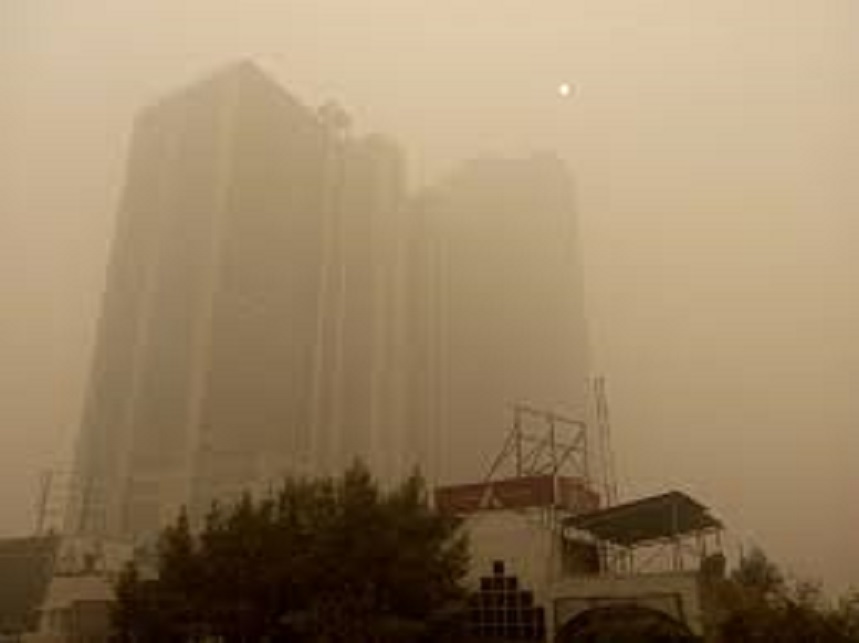New Delhi: After a study claimed that as many as 54,000 people in Delhi have died due to air pollution last year, the environmental activists have said that there is a need for stringent implementation of policy such as electrification of vehicles in Delhi.
According to a Greenpeace Southeast Asia analysis, air pollution caused by hazardous PM2.5 has led to the death of 54,000 people in Delhi last year. This is the period when the strict lockdown was imposed due to the spread of coronavirus in the country. Moreover, according to the Lancet report, which was published in December 2020, as many as 1.67 million deaths were attributable to air pollution in India in 2019, accounting for 17.8% of the total death in the country.
Talking about the issue, Anumita Roychowdhury, an environmentalist, told The Sunday Guardian, “In the last few months, there have been several reports such as the Lancet report. Several reports have shown that air pollution is the top killer in India and the data are beginning to get a lot more granular. The reports are also showing the demographic profile, gender profile, the age profile of those deaths. According to all the reports that have been published in the recent months, it has shown that air pollution has become a public health emergency.”
She further said, “It is now time to integrate our health indicators with our air quality planning approach and air quality management. My view is that we need policy response in planning and management of air quality strategies. The government should look for measurable improvements in air pollution.”
Talking about the Delhi government’s Switch Delhi scheme, Roychowdhury told The Sunday Guardian, “Delhi has moved ahead with several actions in different sectors. In order to clean up the air, the government has to speed up multi-level strategies. As of now, Delhi has shut down all coal power plants. Coal and dirty fuels are not allowed in Delhi. Delhi has moved entire public transport and its fleets to natural gas. The government has banned entry of trucks into Delhi.”
She further said, “Things have happened. We still have to do a lot more to meet the clean air standard. As part of the next step, the electric vehicles policy becomes very important. Delhi has already introduced Bharat Stage VI. Now the next step should go beyond the internal combustion (IC) engine. In order to achieve the target of 25% of electrification of the new fleet by 2024, the government needs to adopt a stringent implementation strategy. Delhi has to scale up to other strategies such as the expansion of public transport, managing the city’s waste better, and availability of cycling and walking lane.”
Talking about the National Clean Air Programme and allocation of the funds for the programme by the Central govt, Roychowdhury told The Sunday Guardian, “Funding support is important to achieve clean air. It is a good step because earlier there was no such support from the governments. But whether the air is going to clean up by this funding or not will depend on how well the government is defining the strategy for implementation.”
‘Strict policy implementation needed to check air pollution’
- Advertisement -

